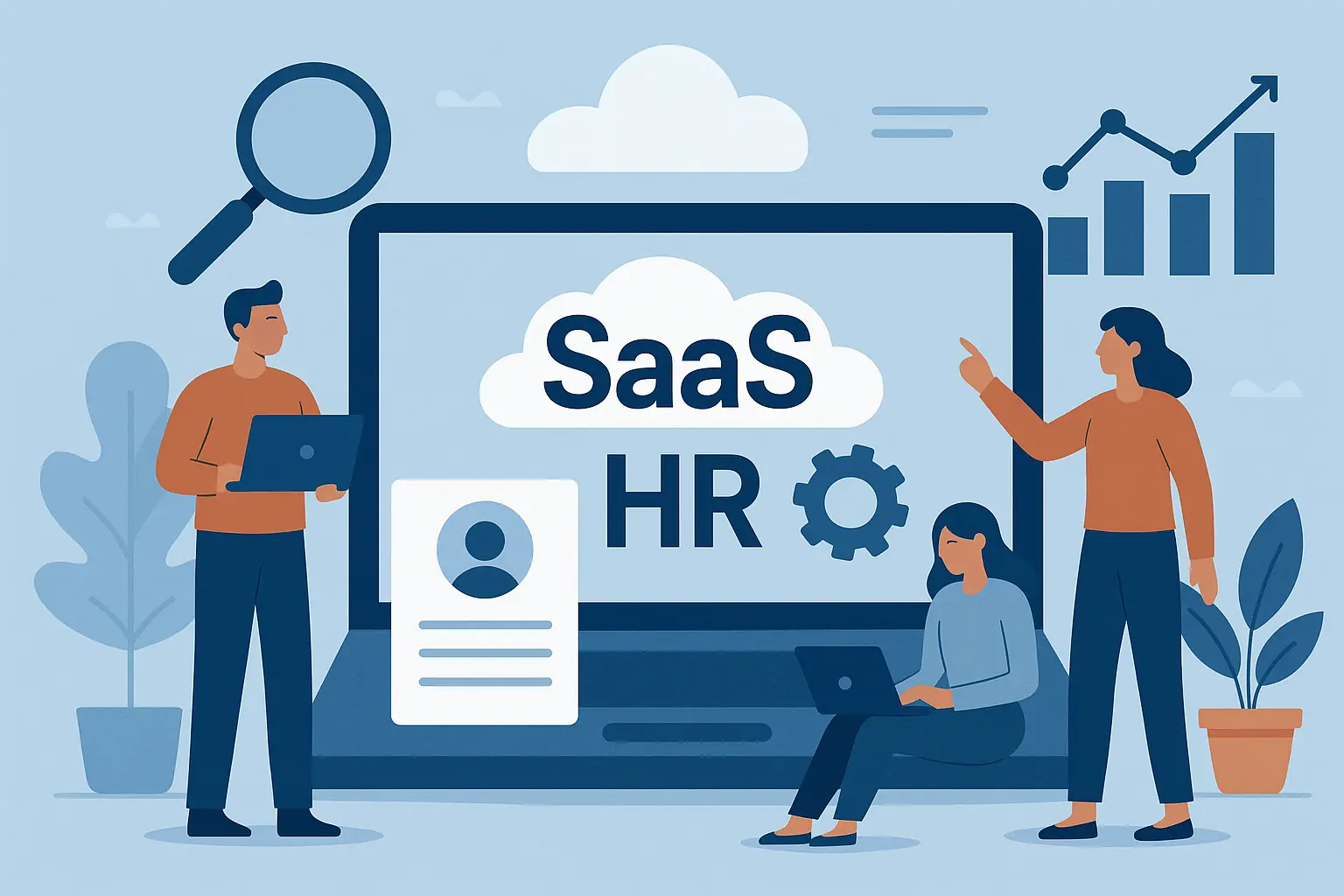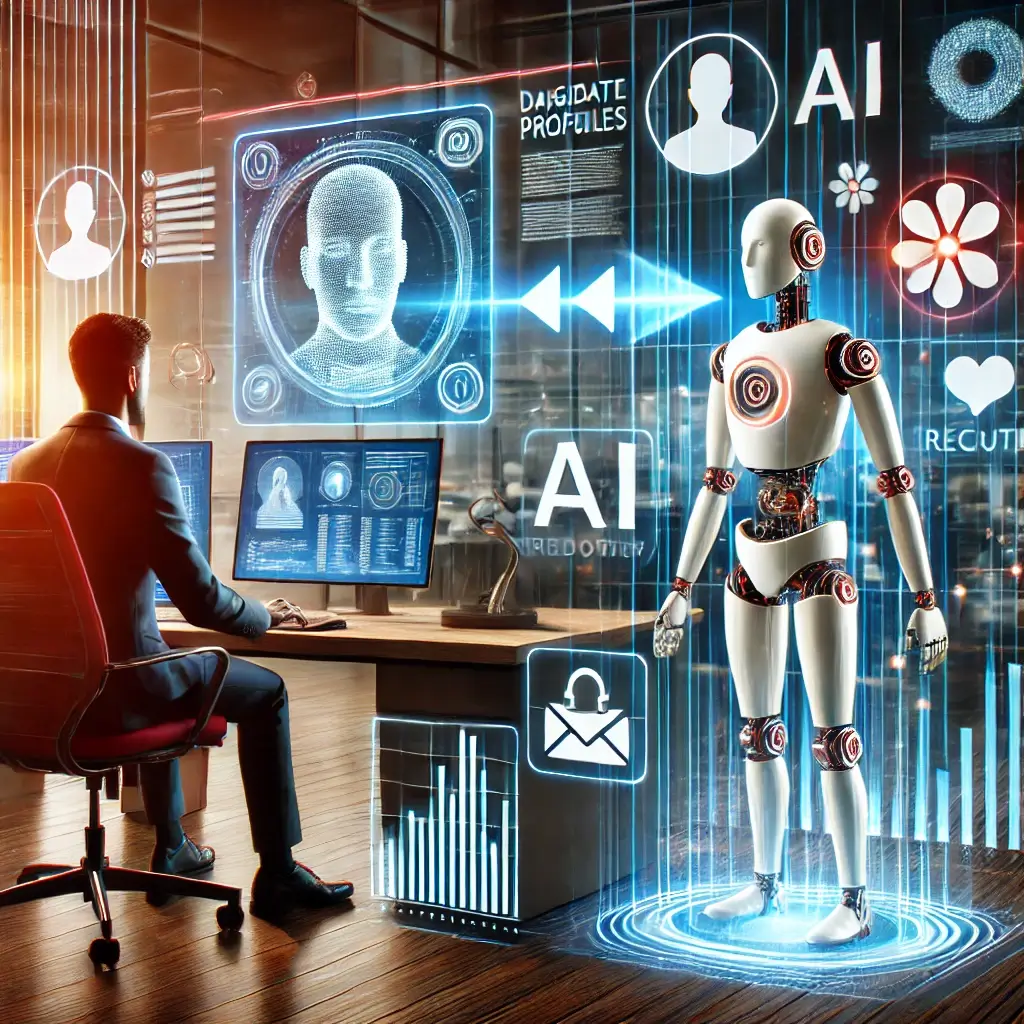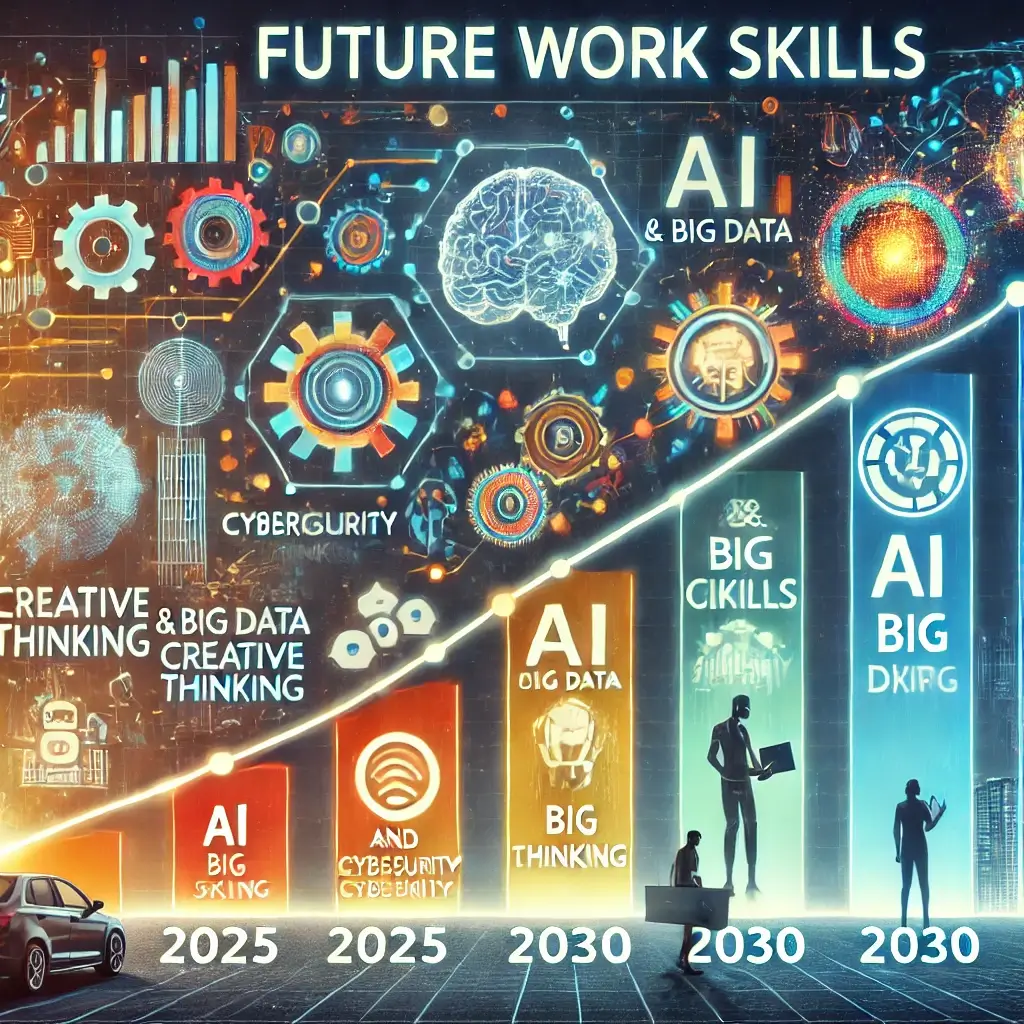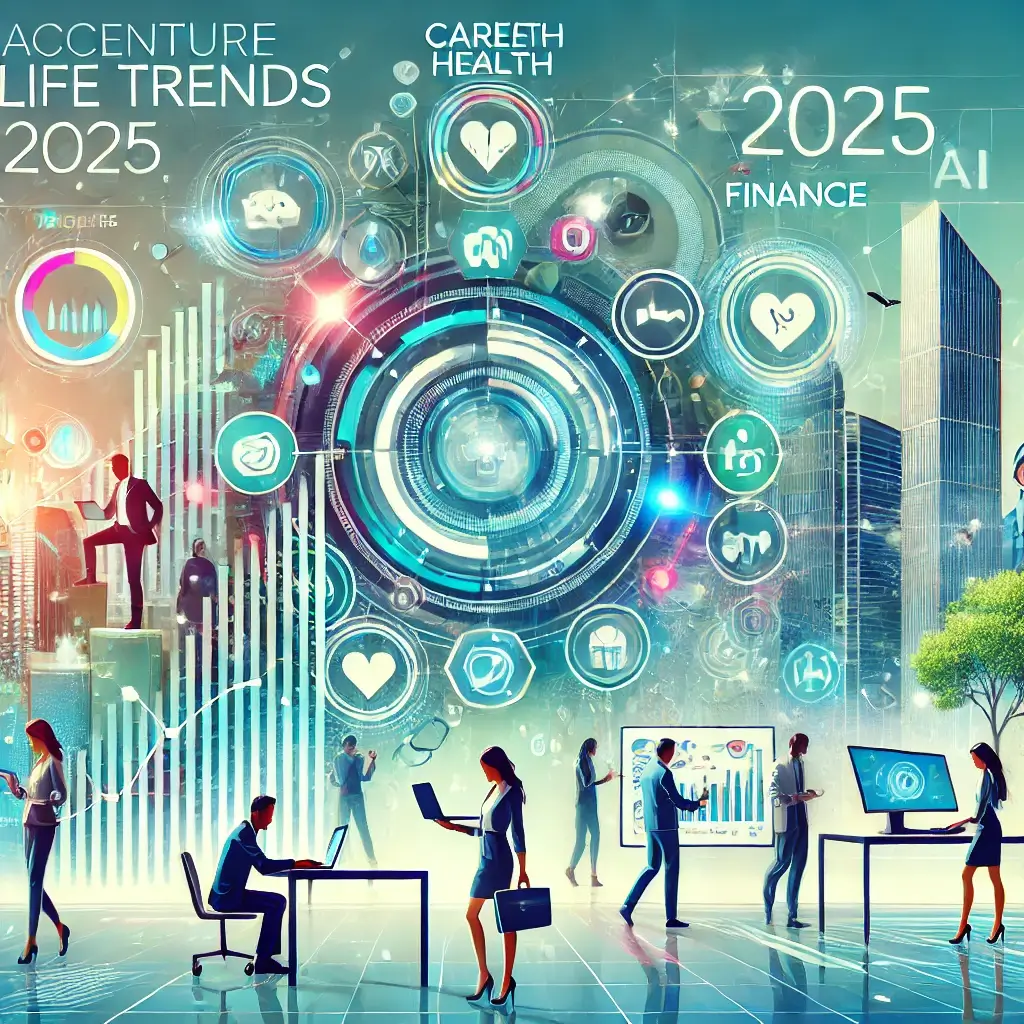Why Are HR Metrics Important in Today's Business World?
Explore the crucial role of HR metrics in shaping successful hiring processes and how AI is revolutionizing data-driven decision making in recruitment.
hiringcycle.ai Team30.08.2023

In today's fast-paced and competitive business environment, organizations face numerous challenges when it comes to hiring and managing talent effectively. HR metrics, also known as human resources metrics, provide valuable insights into various aspects of the employee lifecycle and play a crucial role in shaping successful hiring processes. With advancements in artificial intelligence (AI) and the ability to analyze vast amounts of data, HR metrics have become even more powerful, enabling organizations to make data-driven decisions, streamline operations, and achieve better outcomes.
Defining HR Metrics
HR metrics are measurable indicators that evaluate various aspects of a company's HR processes. These metrics provide meaningful data about recruitment, employee performance, engagement, retention, and other vital HR functions. By tracking and analyzing these metrics, organizations can gain insights into their HR processes, identify areas for improvement, and align their strategies with business objectives.The Success of Hiring Processes
One area where HR metrics play a pivotal role is in evaluating the success of hiring processes. Traditional recruitment methods often relied on subjective assessments, limited data, and time-consuming processes. However, by leveraging HR metrics, organizations can assess the effectiveness of their recruitment efforts in a more objective and data-driven manner.Key HR Metrics in Recruitment
- Time-to-hire: Measures how long it takes to fill open positions in a company. By examining this metric, HR departments can identify issues within their recruitment procedures and gather valuable data that provides a roadmap for enhancing these processes.
- Cost-per-hire: Calculates the expenses involved in hiring. Tracking cost-per-hire helps organizations identify ways to save money, optimize recruitment channels, and allocate resources more efficiently.
- Quality of hire: Evaluates the performance and contributions of new hires. Assessing the quality of hire helps organizations measure the effectiveness of their recruitment strategies and identify areas for improvement.
- Candidate satisfaction: Shows how happy candidates are during the hiring process. This metric helps understand how to make the candidate experience even better for future applicants. It can be evaluated through surveys or feedback mechanisms, allowing organizations to gather valuable insights and identify areas for enhancement.
In today's data-driven world, HR metrics have emerged as vital tools for organizations to evaluate the success of their hiring processes. By leveraging AI and analyzing extensive data, organizations can make data-driven decisions, streamline operations, and achieve better outcomes in their talent acquisition efforts. The use of AI in HR metrics enhances the accuracy, efficiency, and cost-effectiveness of hiring processes, ultimately leading to better recruitment decisions and improved organizational performance. As we continue to embrace technological advancements, the role of HR metrics and AI in shaping the future of work will become increasingly significant.
Blog







































